Small Business Income Taxes
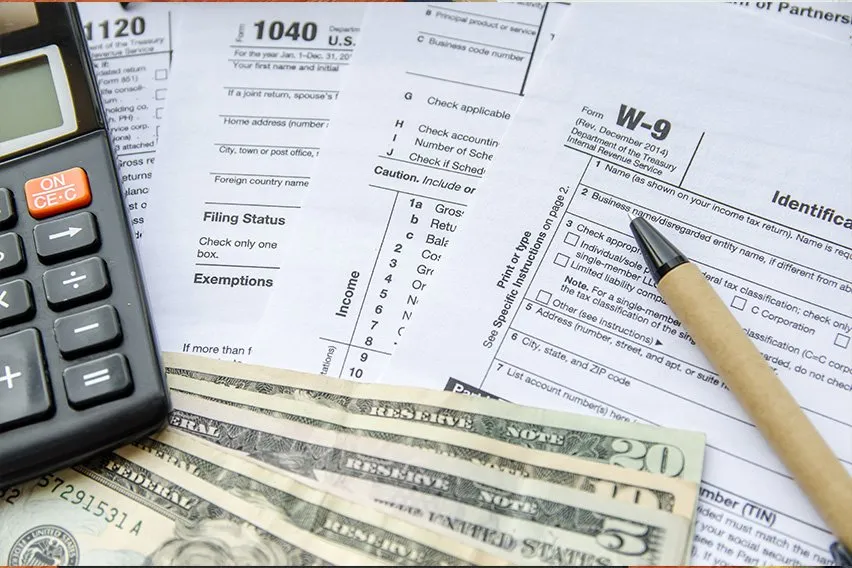
A majority of small businesses don’t pay the corporate tax rate because they aren’t corporations, they are pass-through entities. Instead, these businesses pay taxes at the personal tax rate of the owner. Partnerships, LLCs, and sole proprietorships don’t pay business taxes. A corporation is the only type of business that pays business taxes. An owner of a corporation doesn’t pay any tax on the corporation’s profits. Corporation owners are taxed on their income if they work as employees, as well they are taxed on dividend income they receive.
Along with income taxes, the largest tax bill that small business pay is for payroll taxes. Payroll taxes are a percentage of employee pay and are taxed at 7.65% on the employee gross payroll (6.2% for social security and 1.45% for Medicare taxes). There are other payroll taxes like unemployment taxes and workers compensation taxes that increase the amount of tax an employer must pay.
Businesses must pay taxes on business investments and on sales of business assets. This is called Capital Gain Tax and they are taxed differently depending on the income of the business and whether the gains are short-term or long-term. If the gains are short-term and held for less than a year, they are taxed as ordinary income.
A business must also pay property tax on land and buildings they own and tax on dividends from business investments.
The average effective tax rate for small businesses of all types is an estimated 19.8 percent.
The effective tax rate is the average rate of tax for a business or an individual taxpayer and is calculated by dividing the total tax paid by the taxable income.
This article will also provide information on:
9 Tips About Small Business Income Taxes

9 Tips About Small Business Income Taxes
Small business owners calculate their business profit or loss for income taxes and then include that information on their own personal tax returns. The following information will help you know which forms to use and how to compile the information you need for these forms.
Due Date
Since small businesses file their business tax returns with their personal returns, the return is duethe same time the personal income tax return due date – April 15. If that due date falls on a weekend or holiday, the next business day is the due date for that year.
If your business is a partnership or S-Corporation, there are additional returns that need to be filed. Form 1120 S for the S-Corp and Form 1065 for the partnership, need to be filed by the 15th day of the third month after the end of the businesses tax year. If the end of the year is December 31st, the returns are due by March 15th.
Do You Need Help from A Tax Preparer?
Simple small business with no cost of goods sold or assets that can be depreciated may be able to use a tax software program but most small businesses need a tax preparer.
Partnership income taxes are very complicated and even a simple Schedule C can be more difficult than you expect it to be.
What Tax Forms Do You Need?
A small business that is not a corporation is classified as one of these business types and will to file their taxes with these forms (with some exceptions in individual U.S. states).
Sole Proprietorship: the default business type if no other business type is registered with a state. A sole proprietorship pays income taxes on the owner’s personal tax return. A Schedule C (Profit or Loss for a Small Business) is used to calculate the business profit, which is included with other income on the individual business owner’s Form 1040.
Partnership: registered with a state and consists of several partners. They file an information tax return on Form 1065 and individual partners receive a Schedule K-1 showing their share of the partnership’s profits or losses. Schedule K-1 income or loss is included along with the partner’s other income on their Form 1040.
Limited Liability Company (LLC): There are no additional tax forms to file as an LLC. A single-member (one person) LLC pays income taxes as a sole proprietorship. A multiple-member LLC files and pays income taxes as a partnership.
Don’t Forget Self-Employment Taxes
Don’t forget as a small business owner you must pay self-employment taxes (Social Security/Medicare Taxes). You can calculate this with your tax software program or your tax preparer.
Where and How to File Your Taxes?
Your taxes can be filed online by e-filing your return or you can process your tax return by mail. On the last page of your Form 1040, there is the address you can use to for mailing your tax return to the IRS.
Get A Filing Extension
Small businesses and individual taxpayers can apply for an automatic extension of time to file taxes. The extension is for six months for non-corporate tax returns, so the new date for your return to be filed would be October 15 (unless October 15 is a weekend or holiday, then it would be the next business day). Note, that this extension doesn’t include an extension for payment. Even with an extension, you must pay your estimated taxes by the April tax return due date.

Filing an Amended Tax Return
If you have made a mistake on your tax return, whether the error is due to your personal or business taxes, you must file an amended return. The form you need to amend your tax return depends on your business type.
- Personal return amendments use a Form 1040X-Amended Return
- Partnership return amendments should use Form 1065 and check box G(5) on page 1. You should also attach a statement that identifies the line number of each amendment item, the corrected amount or treatment of the item and explanation of the reason for each change.
- If there is an error on the Schedule K-1 of your partnership return, or if your change to Form 1065 causes a change to the information on the K-1, prepare an amended Schedule K-1. Check the “Amended K-1” box on the top of the Schedule K-1 to indicate that it has been amended.
Paying Estimated Taxes
The US is a pay as you go tax system, meaning you must pay taxes regularly throughout the year. Since many small business owners don’t earn a salary, they must pay estimated taxes because no taxes are withheld from the income from self-employment.
Qualified Joint Ventures
If you and your spouse are joint owners of a partnership, you might be able to file a qualified joint venture. You would file two Schedule C forms for your respective shares of the business. Since this is quite a complicated process, it is advised that you consult with a tax professional for guidance.
RELATED ARTICLES

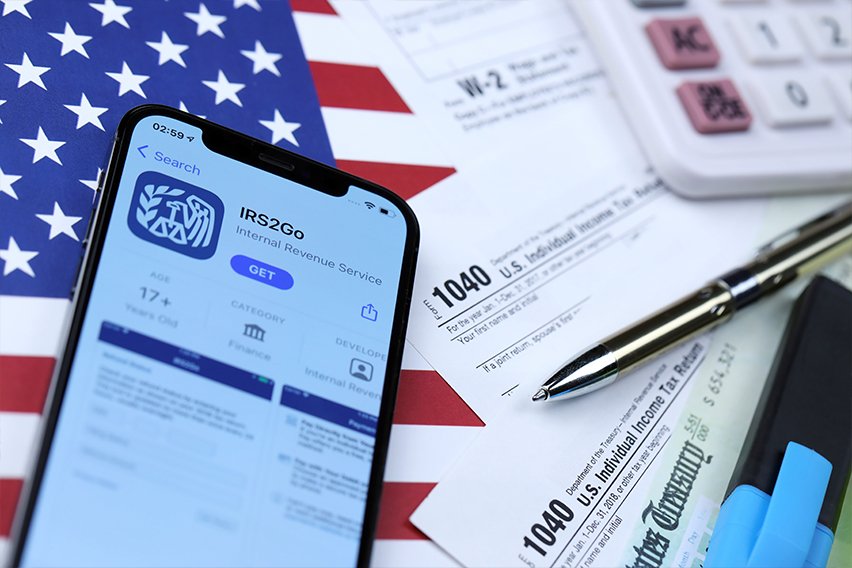 How Far Back Can the IRS Go for Unfiled Taxes?
How Far Back Can the IRS Go for Unfiled Taxes?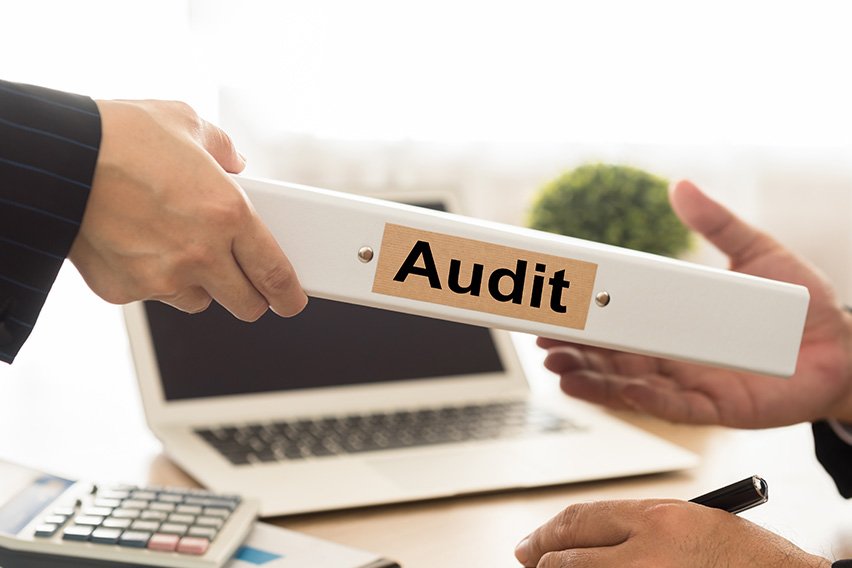 How Many Years Can You Be Audited?
How Many Years Can You Be Audited?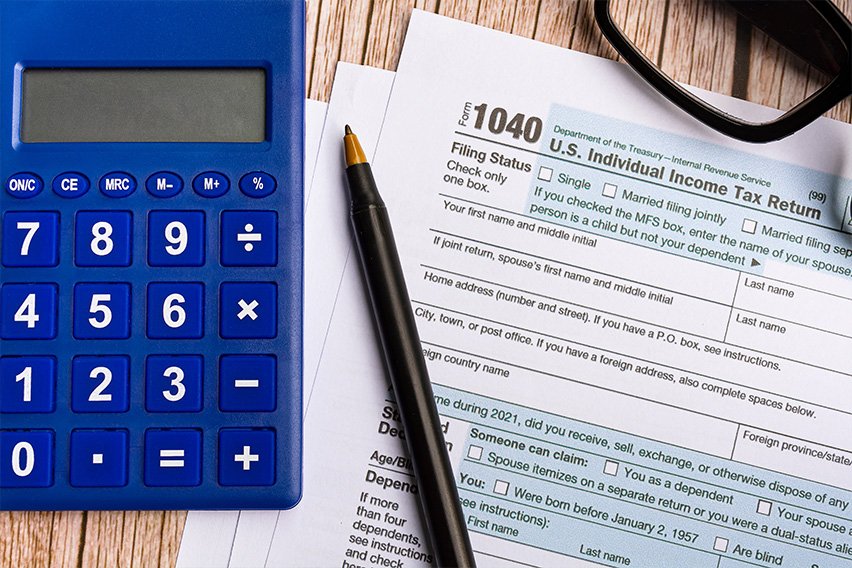 6 Freelance Tax Deductions & Benefits for the Self-Employed
6 Freelance Tax Deductions & Benefits for the Self-Employed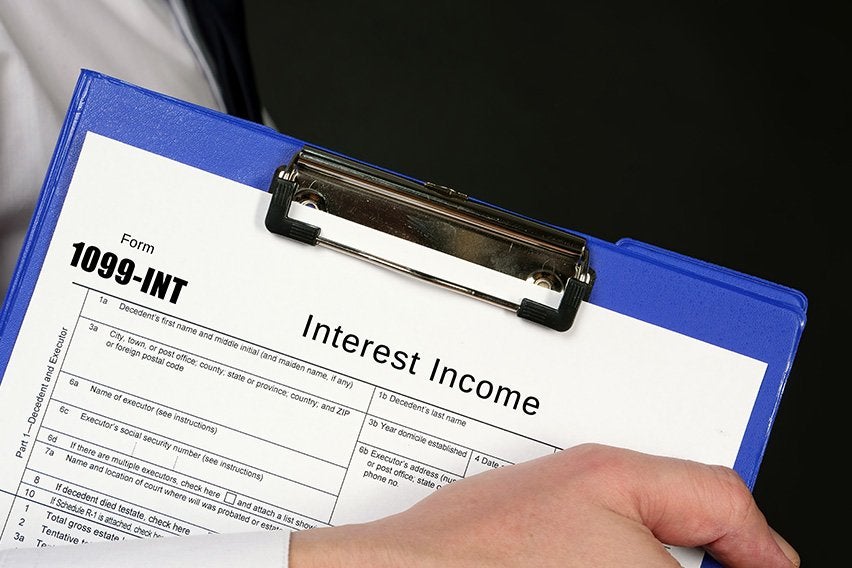 How Is Interest Income Taxed and Reported
How Is Interest Income Taxed and Reported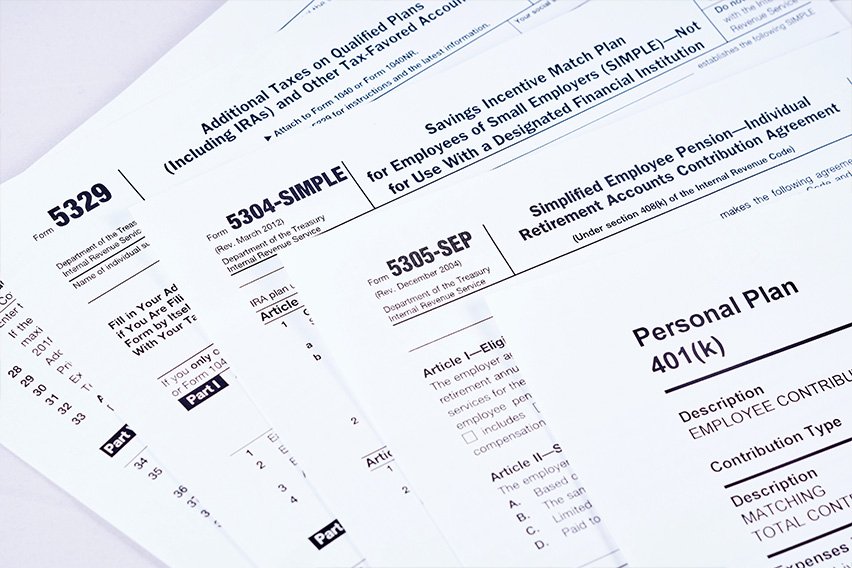 Do You Have to Report 401k on Tax Return? It Depends
Do You Have to Report 401k on Tax Return? It Depends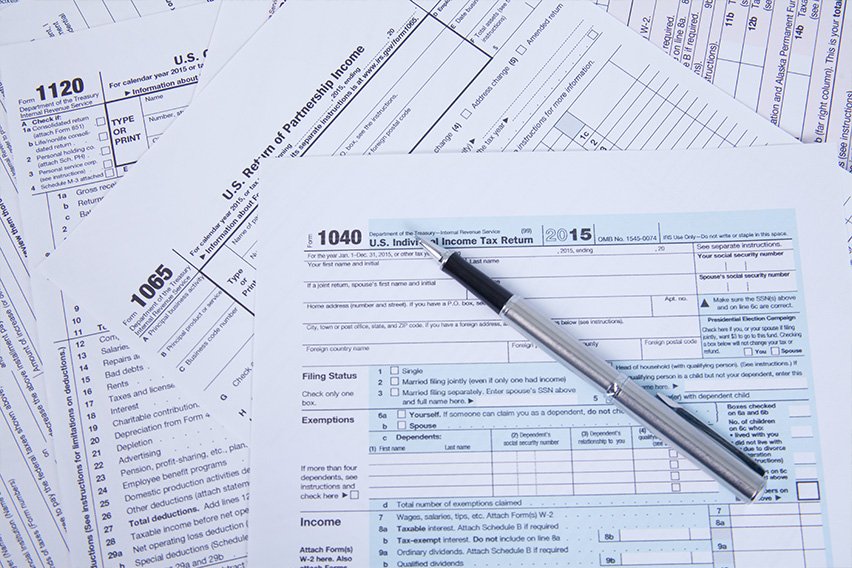 What Forms Do I Need to File Taxes?
What Forms Do I Need to File Taxes?